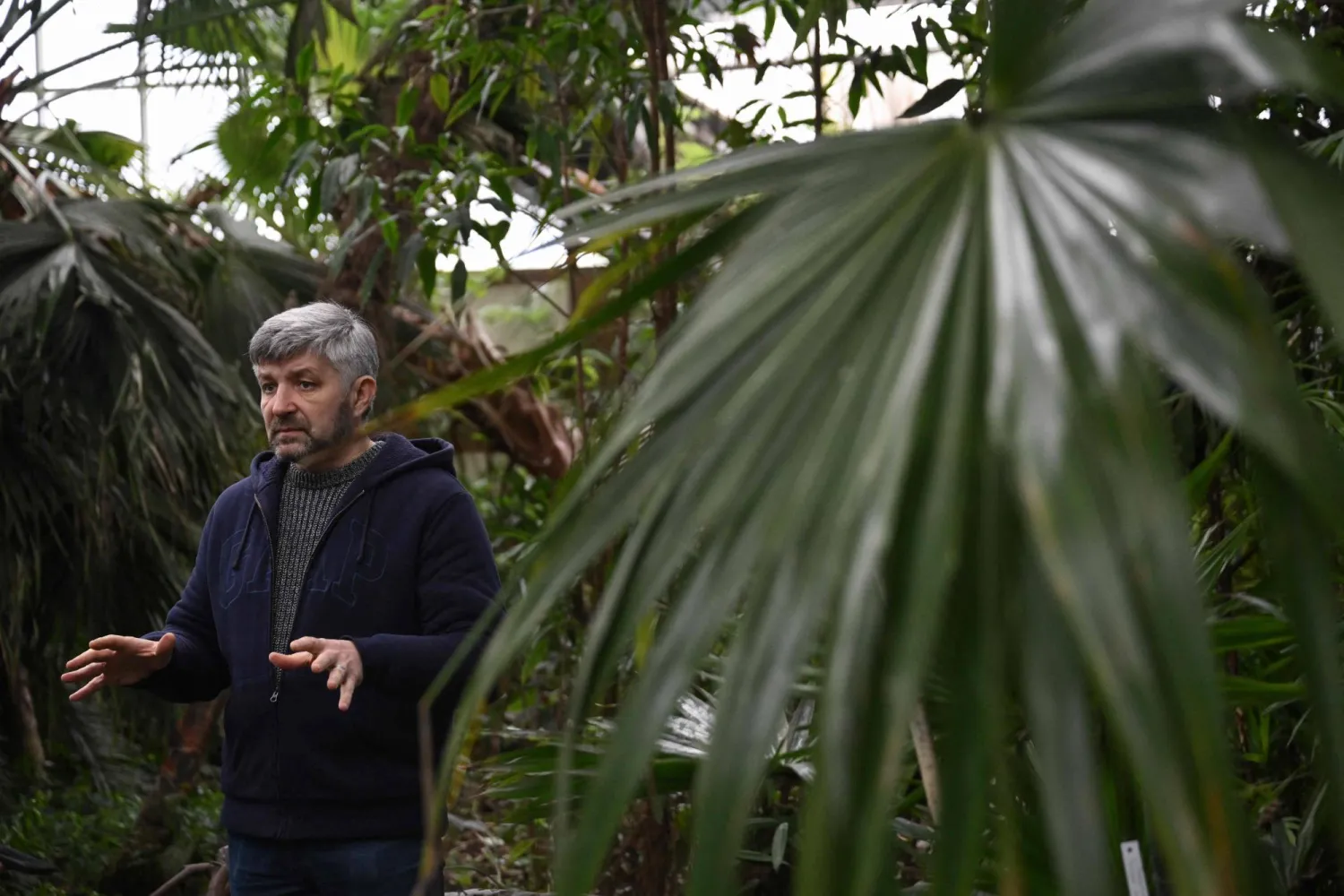The documentary “Sudan, When Poems Fall Apart” has won the GFF Award at the Final Cut Venice 2023, an initiative aimed at supporting films in post-production phase. This year’s edition of the initiative saw the participation of seven works from the Middle East and North Africa.
El Gouna Film Festival (GFF) described the winning documentary as an “extraordinary” project. “The documentary draws a deep picture of Sudan by seamlessly narrating the stories of four women: Shajan, Marmal, Maha, and Rafida. The documentary is a sincere love poem about Sudan. It uses the overlapping stories of the four women to recreate the image of an ongoing revolution,” GFF said in a statement on Tuesday.
The documentary is a French-Tunisian co-production, directed by Hind Meddeb who has an impressive work record including films like “Paris, Stalingrad”, and “Tunisian Clash”, which shed lights on the reality of rappers in Tunisia after the fall of Ben Ali’s regime. In appreciation of the project, GFF offers a money prize of $5,000 to support the post-production stages.
“We are delighted to screen and support the extraordinary project ‘Sudan, When Poems Fall Apart’ at the Final Cut Venice 2023. This award emphasizes the festival’s commitment to the creative voices in the Arabic cinema, and to building sustainable connections in the Arabic cinema industry,” said Intishal al-Timimi, GFF director. He also congratulated the talented teams behind the film project “She Was not Alone”, scheduled to participate in the festival next month.
Young Sudanese actor, Mustafa Shehata, said El Gouna Film Festival shed lights on the Sudanese cinema and celebrates it. “This interest manifested in the participation of the film ‘You Die at Twenty’ in the 2019 edition, during which it won the Golden Award for Best Feature Film. That edition also screened the film ‘Talk About Trees’ by director Suhaib Qasim al-Bari, which also won the Best Documentary Film Award,” he told Asharq Al-Awsat.
Shehata, the lead actor in ‘You Will Die at Twenty’, said “the interest in Sudanese cinema in the upcoming edition of GFF means a lot to us in light of the war circumstances in our country,” especially since the Sudanese cinema had started to recover in the few past years. He also said ‘You Will Die at Twenty’ by director Amjad Abu al-Ala was a great comeback opportunity for the Sudanese cinema, along with ‘Tree Talk’ and ‘Offside Khartoum’ by Marwa Zein. This celebration from GFF reflects “the solidarity with the Sudanese cinema, which insists on surviving despite everything.”
The festival announced that the film project “She Was Not Alone” also won the GFF Award. It’s an Iraqi-Saudi-US co-production, directed by Hussein Al-Assadi, and produced by Ishtar Iraq Film Production. The film is a poetic contemplation of the life of a Bedouin woman named Fatima, who lives alone in the wetlands of Iraq with her beloved animals. The film explores the difficult choices that the character faces. It was selected to participate in the GFF post-production category, and compete for awards and grants provided by the festival and a number of influential partners in the film industry.









